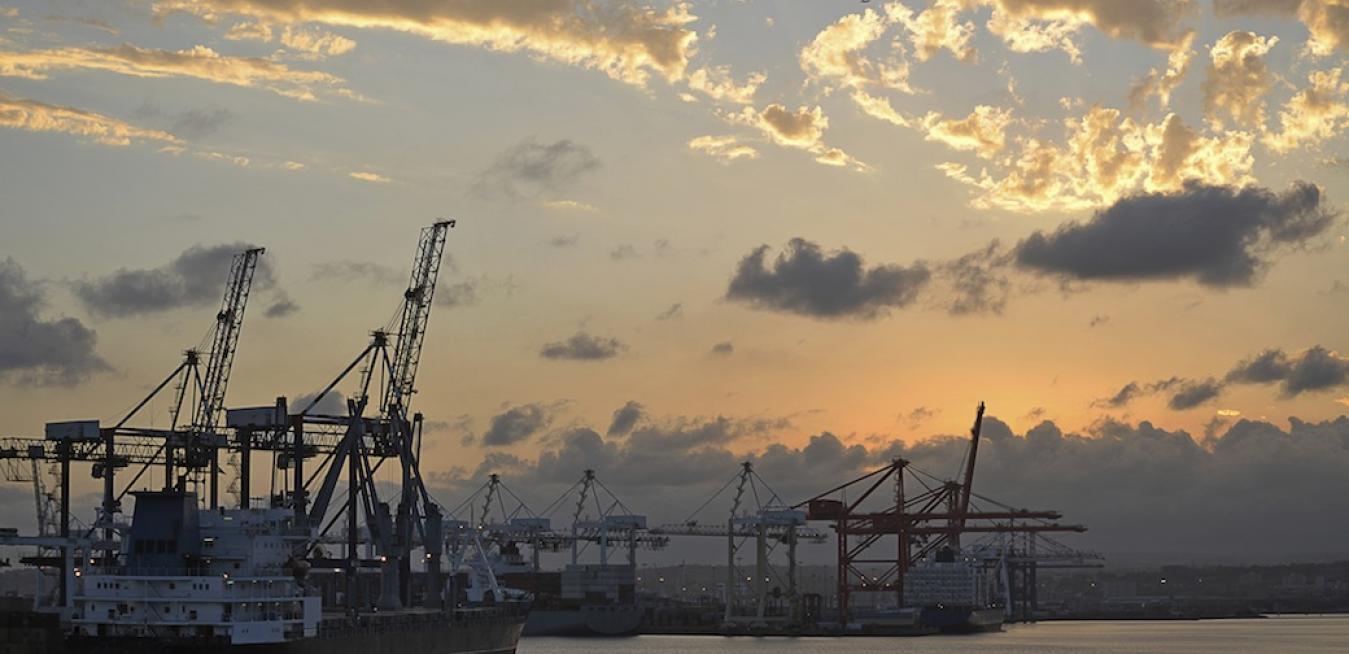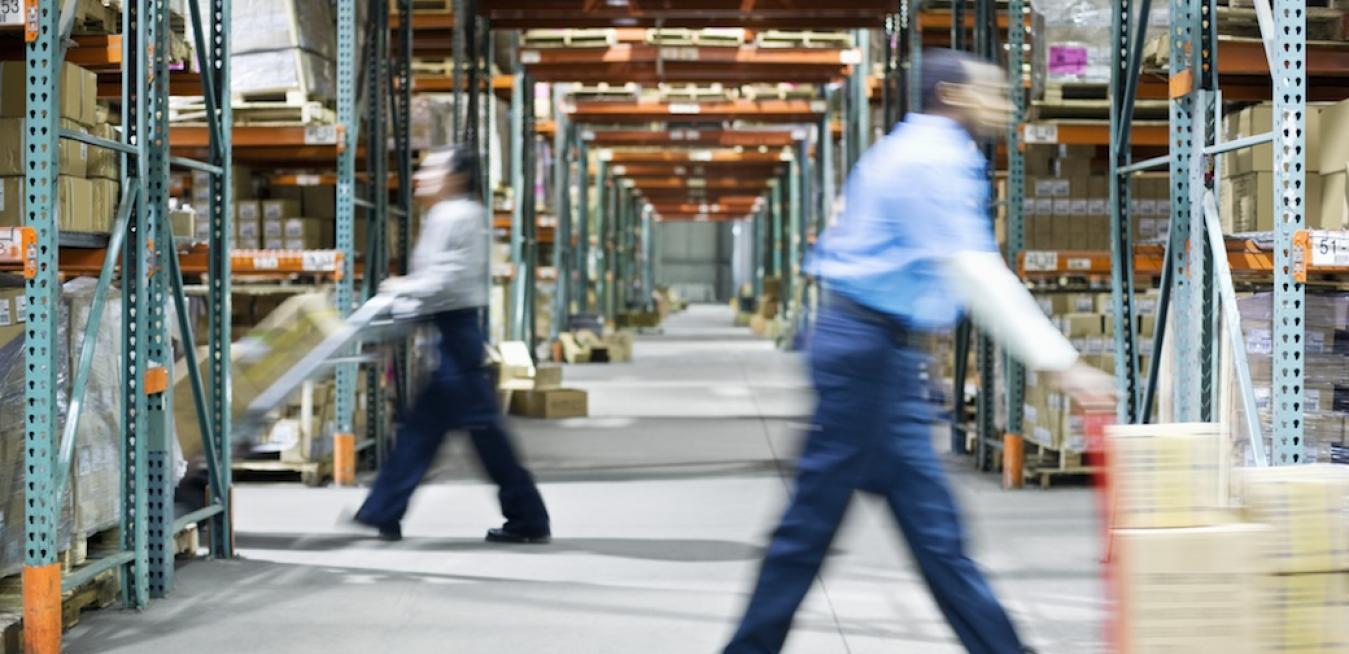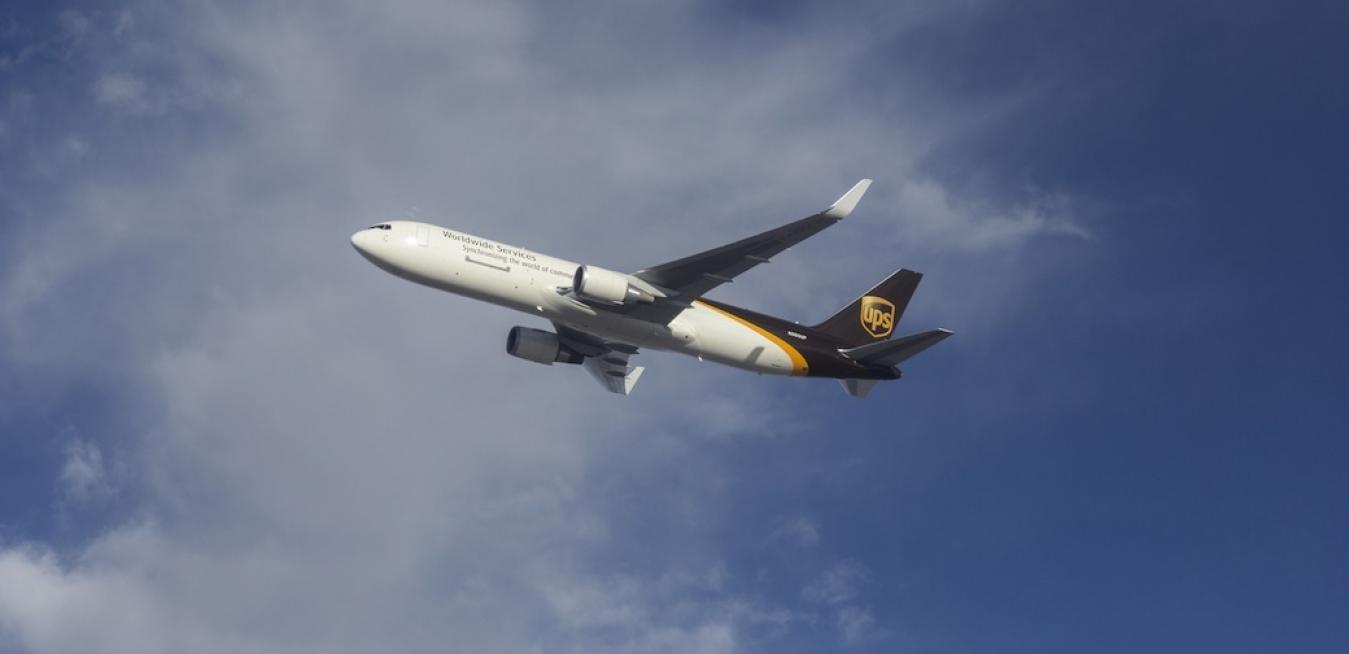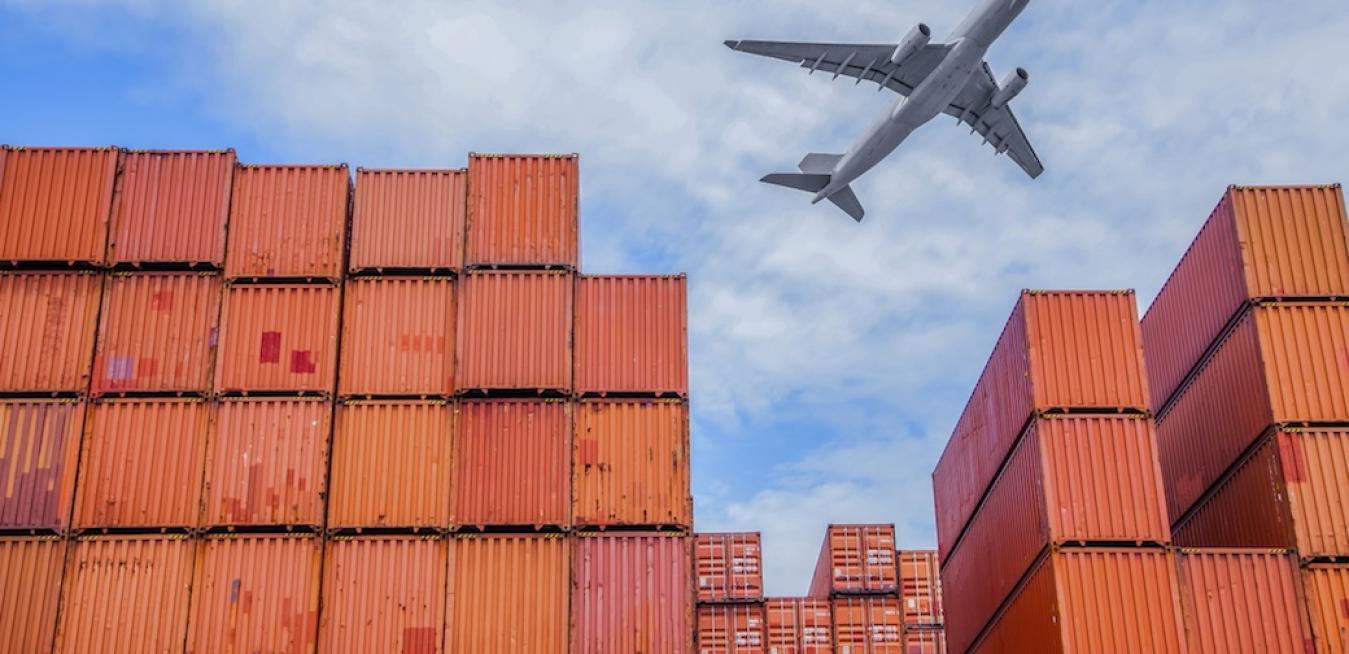Disruptive forces such as the Industrial Internet, advanced manufacturing and the Global Brain represent an opportunity that our region cannot afford to miss.
When it comes to safeguarding America’s trade secrets — and the jobs that depend on them — bolstering U.S. law is not enough. The Trans-Pacific Partnership can help to ensure more robust protection abroad as well.
Sophisticated techniques for stealing trade secrets from U.S. companies are being deployed by foreign perpetrators at an unprecedented rate, at a potential cost of billions of dollars.
Companies across America are building stronger workforces by investing in employee skillsbuilding and education. Cities need to play a stronger role in supporting their efforts.
The Ex-Im Bank is a necessary tool to involve American companies in emerging market growth and deepen economic ties.
Businesses can help build trust and transform the lives of Africa’s citizens through greater engagement, transparency and collaboration.
With global competitors expanding export credit to support their own companies, why would the Unites States unilaterally disarm the Ex-Im Bank?
With Congress in the midst of considering legislation to reauthorize the U.S. Export-Import (Ex-Im) Bank — its current authorization expires and thus must be extended by June 30, 2015 — comes fresh evidence reiterating the vital need for the Bank in providing export credit finance support for America’s exporters.
The U.S. must keep up with the latest technological advances around the world, from unmanned aircraft to next-generation airspace management.
More than 135,000 people will visit the Paris Air Show this week to explore the next generation of aviation innovation. Developing the next generation of aviation jet fuels must be a part of this conversation.
Sustainable alternative aviation fuels are within our grasp. The science and the economics are all fairly well understood — though there’s plenty of room for innovation and improvement. Making it a reality, however, requires a long-term investment in research and supply chain development coupled with stable government policies.
Commercial airplane makers are ramping up production to meet historic demand from operators around the world, but the good times come with risk in this increasingly complex business that sees supply chains sprawling further and often into emerging markets.
Now, more than ever, a mastery of aerospace logistics is key to success. Without it, the chance for failure grows.
Speech as delivered to The Economic Club, Washington, DC, on June 17, 2015.














